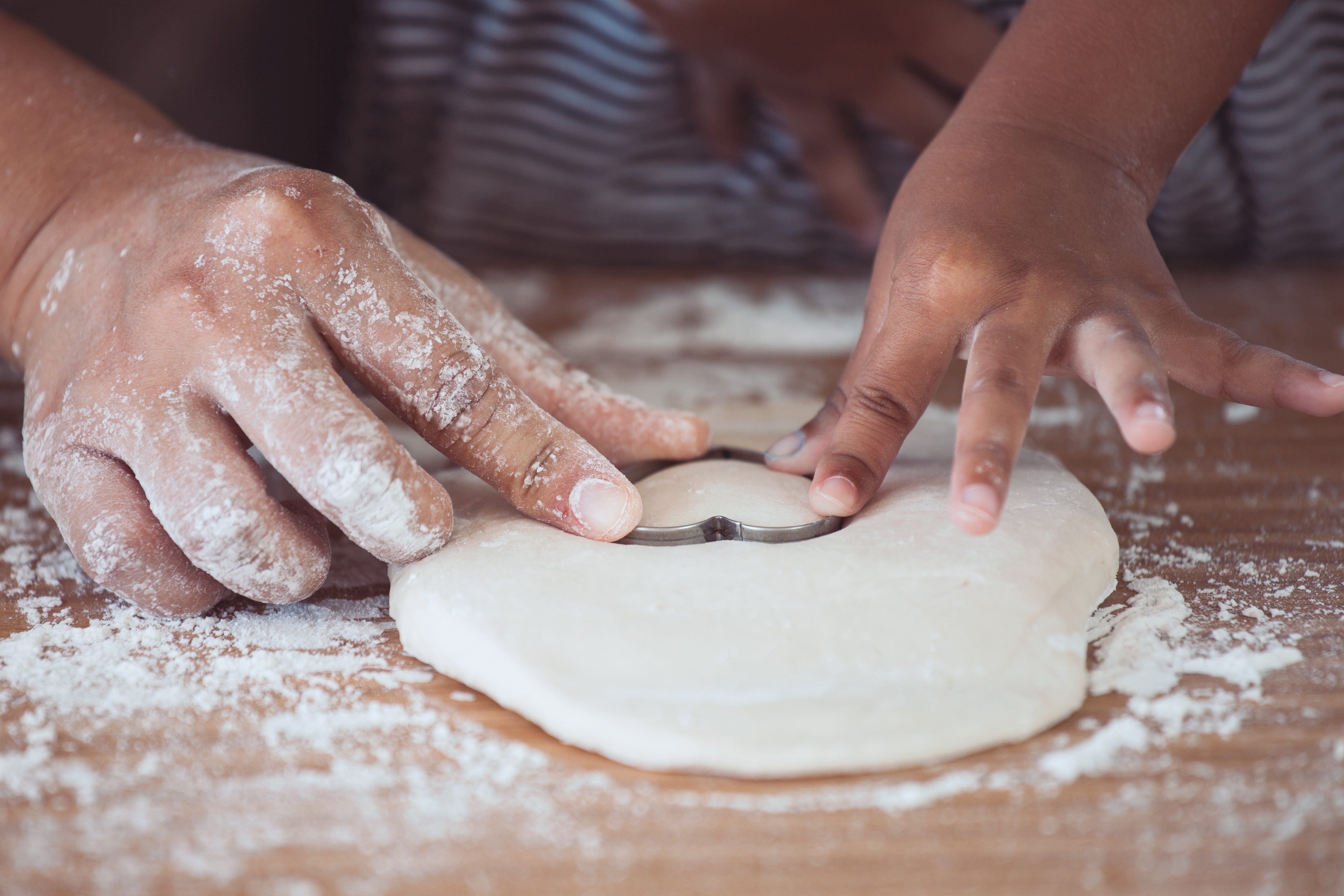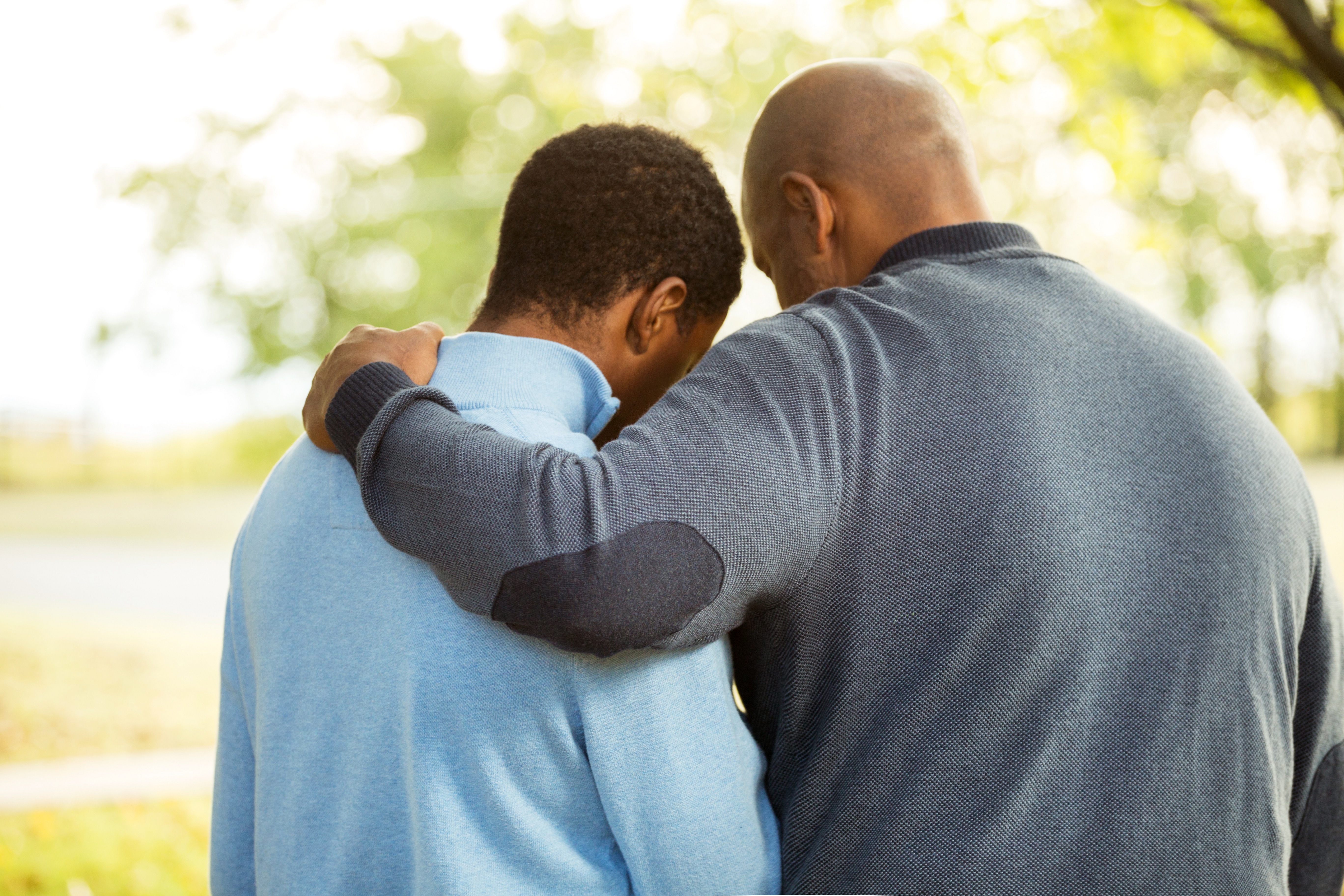How likely is it that my child will use marijuana?
Marijuana use is widespread, especially among teens. Each year, the Institute for Social Research at the University of Michigan conducts an extensive survey of 8th, 10th, and 12th graders. The 2008 survey found that by the 12th grade, 43 percent of the students had tried marijuana, 19 percent had used it in the month preceding the survey, and five percent used it every day.
When should I start worrying about it?
Earlier than you might think. According to Dr. Karen Miotto, a professor at the UCLA School of Medicine and former director of its Alcoholism and Addiction Medicine Service, “kids are starting to experiment with marijuana at ages 10 or 11.” But the most important years come when the child leaves middle school for high school, says Joseph Califano, Jr., head of the National Center on Addiction and Substance Abuse at Columbia University. Fourteen-year olds are three times more likely to be offered marijuana than 13-year olds, he says.
Is marijuana harmful?
Marijuana has both short-term and long-term effects. Like alcohol, it can affect concentration and slow down reaction times. That’s an especially serious problem for teenage drivers at a time in their lives when they are experimenting behind the wheel. Traces of marijuana tend to linger in the body for several days. Those who use it only occasionally may be under the false impression they have “sobered up,” even though their reaction times continue to be affected.
Marijuana also affects short-term memory, making it more difficult to handle complex tasks, study, and learn, a serious problem for teenagers who should be developing the learning habits and working skills that will prepare them for their adult responsibilities.
According to the National Institute on Drug Abuse, those who use marijuana frequently can develop “amotivational syndrome,” leading to problems including “not caring about what happens in their lives, no desire to work regularly, fatigue, and a lack of concern about how they look.” Dr. Richard N. Rosenthal of Columbia University recently put it this way: “The people who become chronic users don’t have the same lives and the same achievements as people who don’t use chronically.”
Can my child become addicted to marijuana?
According to a 1999 study of the Institute of Medicine cited in The News York Times, only nine percent of the people who used marijuana became addicted. (By comparison, 17 percent become addicted to cocaine and 23 percent to heroin.)
On the other hand, today’s marijuana can be as much as five times more potent than the product of the 1970s. “Now that people have access to very high potency marijuana, the game is different,” Dr. Nora D. Volkow, director of the National Institute on Drug Abuse, told the Times. There was a time, she says, when “people thought cocaine was a very benign drug.” With marijuana, she added, “it’s going to take some real fatalities for people to pay attention.” One 50-year old man interviewed by the Times said that he had kicked heroin and cocaine, but still couldn’t kick marijuana.
Does using marijuana necessarily lead kids to harder drugs?
Whether marijuana is a “gateway drug” is a source of some contention. One study by Columbia University’s Center on Addiction and Substance Abuse, found that “children who use marijuana are 85 times more likely to use cocaine than non-marijuana users.”
But Dr. Alan J. Budney, a professor of Psychiatry and Psychology at the University of Vermont, sees the “gateway” concept as confusing. He says that “99 percent of cocaine or heroin users have smoked pot. So in some ways it is a precursor. The other side of that is that 85 percent of people who smoke pot only smoke pot.”
Yet if 85 percent don’t graduate to harder drugs, that means that 15 percent (or one out of seven) do. So it might be likened to a game of Russian Roulette with an old pistol whose barrel has seven chambers and one bullet. Experimenting with marijuana won’t necessarily lead to harder drugs, but it’s an experiment with an unacceptably high degree of risk.
How do I know if my kids are using it?
The National Institute on Drug Abuse (NIDA) offers some warning signs that your child may be using marijuana. Signs that he or she may be high include dizziness and trouble walking; becoming silly and giggly for no apparent reason; having very red, bloodshot eyes; and having a hard time remembering things that just happened.
Some behavioral signs of marijuana use include withdrawal, depression, and fatigue; hostility toward family and friends; changes in academic performance and loss of interest in sports. Of course, as NIDA points out, behavioral changes can simply be a sign of difficulties with adolescence.
Parents should also be aware of such things as signs of drugs and drug paraphernalia, including pipes and rolling papers; odor on clothes and in the bedroom; and clothing, posters, jewelry and other objects promoting drug use.
Finally, know your kids’ friends. They are the ones most likely to initiate them into drug use.
Is there anything I can do to prevent my children from using marijuana?
You are the most important influence when it comes to your kids experimenting with drugs. A 2000 survey by The National Center on Addiction and Substance Abuse at Columbia University found that “half of teens who had not tried marijuana credited their parents with their decision.”
How can you help?
- First, become informed about what’s going on in the world of illegal drugs. Your kids most likely know much more about the current drug scene than you do, and you need to speak to them with the authority that knowledge brings.
- Second, discuss the drug issue openly with your kids. Know the arguments for and against. This may be the most important debate you will ever have. The best place to discuss the subject is the dinner table. Your mere presence each night has a powerful effect on your kids.
- Third, be a role model for your kids. When it comes to using any addictive substance, legal or otherwise, nothing speaks louder than your own good example.
Where can I read more about marijuana and its effects on kids?
A number of sites on the internet can provide you with all the factual information you will need to discuss the subject with your children. Here are three sites that you may find helpful:
White House Office of National Drug Control Policy
The National Institute on Drug Abuse
The Partnership for a Drug-Free America
About the author
Tim Lanigan is a retired speechwriter who worked at the U.S. Drug Enforcement Administration from 1998 to 2004




